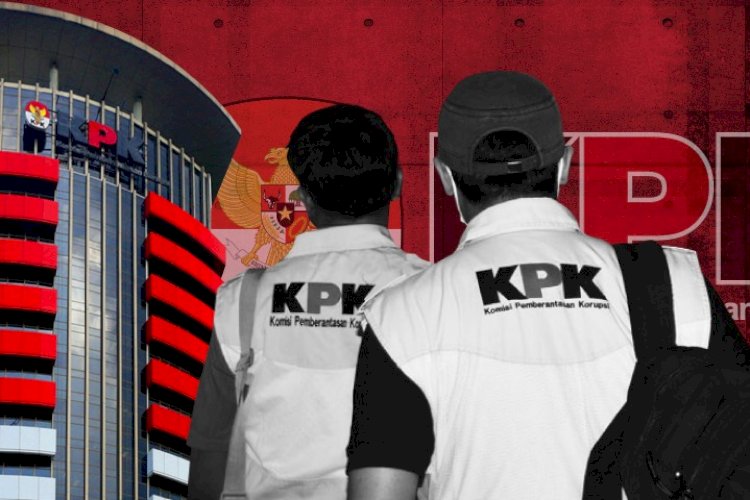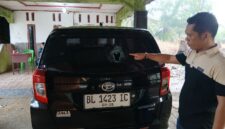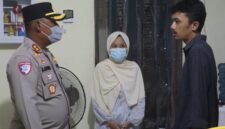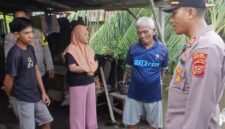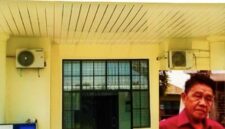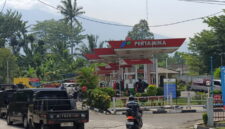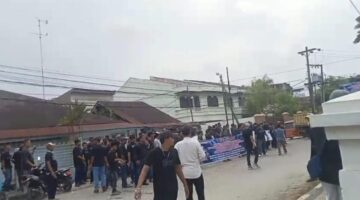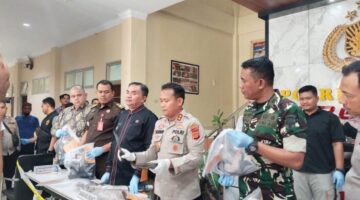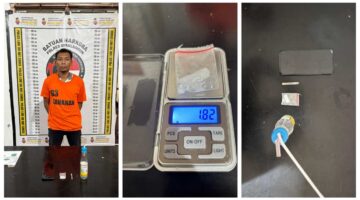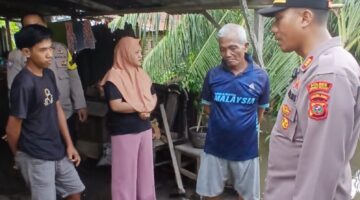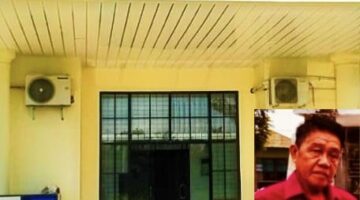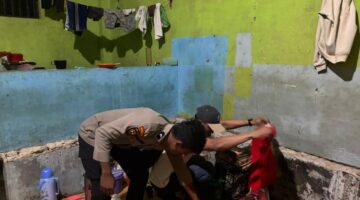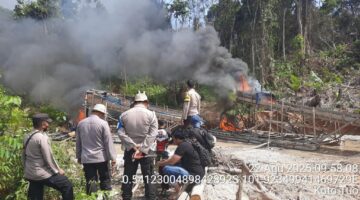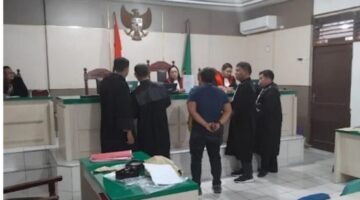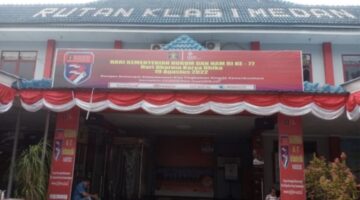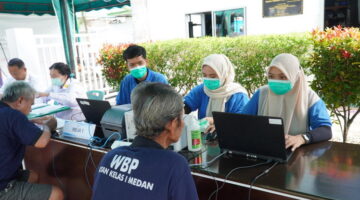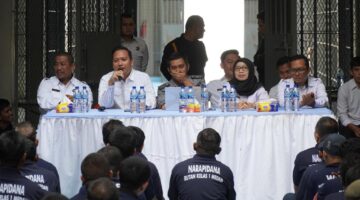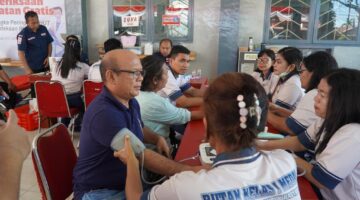Gayo Lues, Aceh – The Indonesian government’s recent decision to grant a mining exploration permit to GMR company in the forested region of Pantan Cuaca, Gayo Lues District, has sparked intense public outcry. The permit, detailed in the Ministry of Forestry Decree No. 263 of 2025 dated May 16, 2025, is being condemned as a clear manifestation of state-sanctioned environmental destruction.
Abdiansyah SST, Secretary of the Leuser Aceh Institute, strongly voiced his opposition, declaring an unwavering rejection of all forms of forest exploitation, even those cloaked under the banner of national investment.
“This isn’t just a procedural violation—this is a legalized environmental crime,” Abdiansyah asserted on June 21, 2025. “Forest areas are not free land to be divided up for corporate interests. GMR is encroaching on territory that, both legally and morally, must be protected. We at Leuser Aceh reject and oppose any form of exploitation in forest zones. Period.”
ADVERTISEMENT

SCROLL TO RESUME CONTENT
He further emphasized that the Leuser Aceh Institute has long been monitoring patterns of covert exploitation within the Leuser Ecosystem, particularly in Gayo Lues, which harbors one of the largest natural forest reserves in Aceh. In his view, the GMR case exemplifies the state’s failure to safeguard its ecological legacy.
“There’s no proof that mining operations like this bring prosperity to the people. What we see instead is irreversible damage—disappearing clean water sources, landslides, extinction of wildlife, and social conflicts over land. So who profits? A handful of elites hiding behind official permits,” he stressed.
Abdiansyah also called upon the Corruption Eradication Commission (KPK) of the Republic of Indonesia to launch a comprehensive investigation into the entire process of issuing the mining permit to GMR. He urged the commission not to limit its scrutiny to the most recent decree but to also examine the broader history of permits issued in the area.
“We urge KPK to come to Gayo Lues. Don’t just chase budget-related corruption—unveil the environmental crimes that rob communities of their right to live. Investigate who proposed the permit, who approved it, and who benefits. Trace the prior permits as well. Don’t let the people be deceived by the word ‘official’ when the true result is devastation.”
He further criticized the local government’s stance, which he described as passive and complicit. According to Abdiansyah, the Gayo Lues Regency Government should have been the first to oppose any forest exploitation—instead of remaining silent while corporate interests carve up the land.
“Where is the regent? Where is the regional parliament? Do they not know this forest is the water source for thousands of residents? Or have they grown used to watching forests being divided up for mining projects and profit-sharing?” he questioned.
Abdiansyah affirmed that the Leuser Aceh Institute would continue its advocacy efforts, civil society mobilization, and national campaigns to halt all mining activities within forested zones. For him, this fight goes far beyond environmental concerns—it is a moral struggle for intergenerational justice.
“If we let one permit slide today, ten more will follow tomorrow. And when the last tree falls, we all lose our lives. So there’s no compromise: forest areas are an absolute boundary. They must not be touched by mining, especially not by corporations like GMR,” he concluded. (Team)




